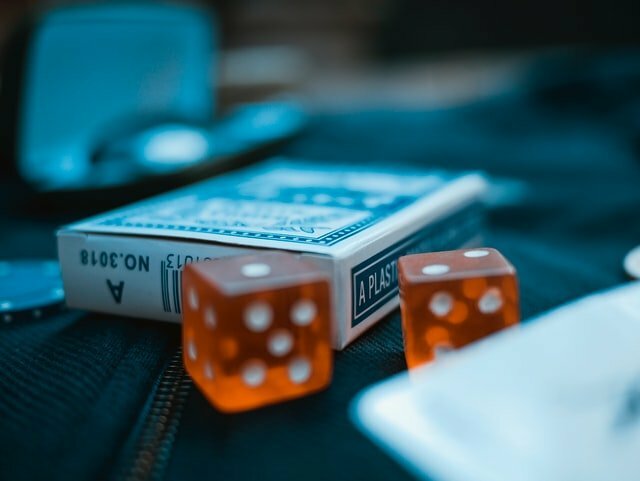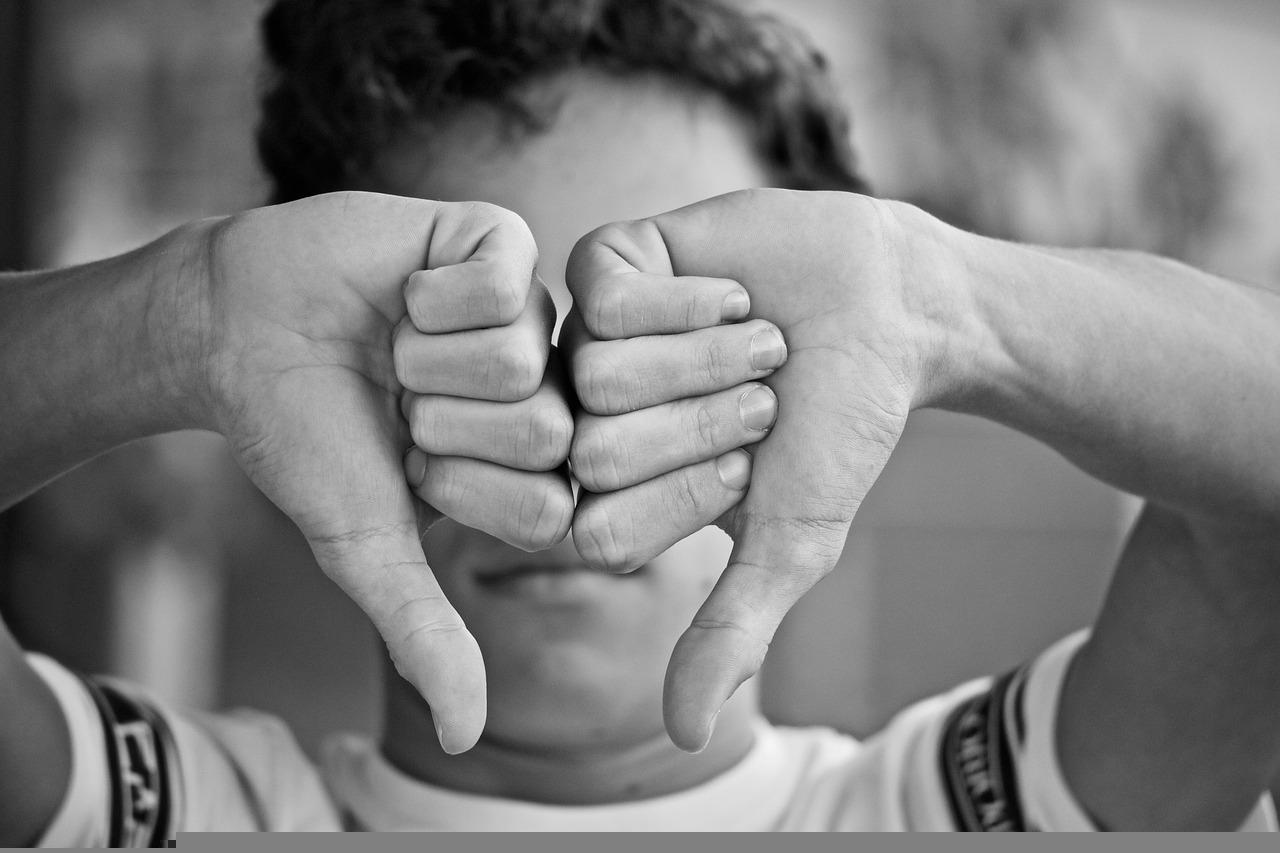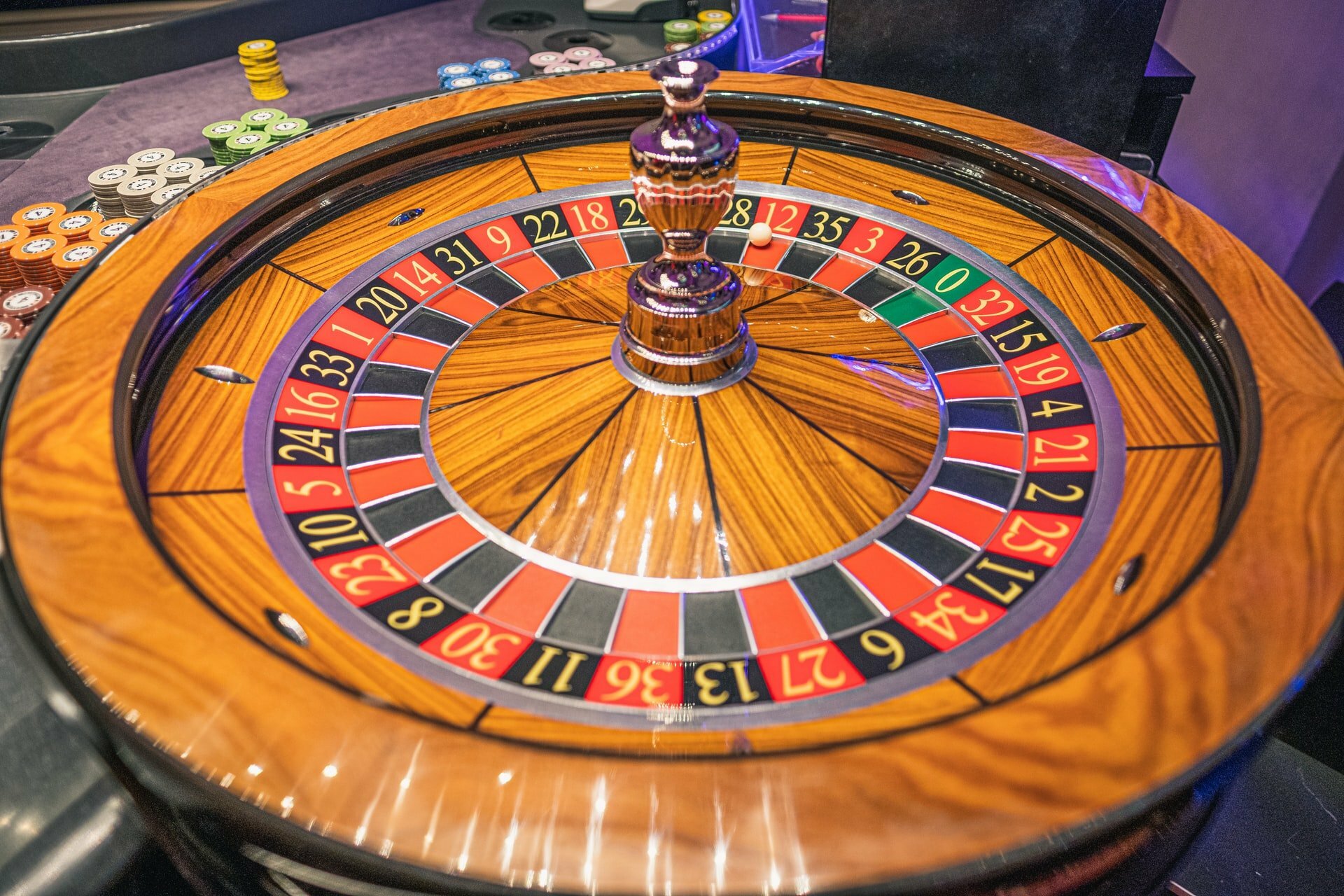- Home
- Types of Addiction
- Compulsive Gambling Help & Treatment
Compulsive Gambling Help & Treatment
An addiction to gambling, or compulsive gambling, is sometimes called a type of “impulse control disorder” where someone has trouble restraining themselves from acting on an inclination or impulse.
Online compulsive gambling is particularly prevalent – it is now easier than ever to jump online and take place in games of blackjack, poker, roulette or virtual slot machines.
Other common examples are betting on sports, the lottery or even the compulsive use of scratchcards.
Gambling becomes a serious addiction when it interferes with a person’s normal life, job and relationships.
Finances often become very strained as the compulsion takes no account of this and the individual will not be able to stop even if they run out of money.
Symptoms Of Compulsive Gambling
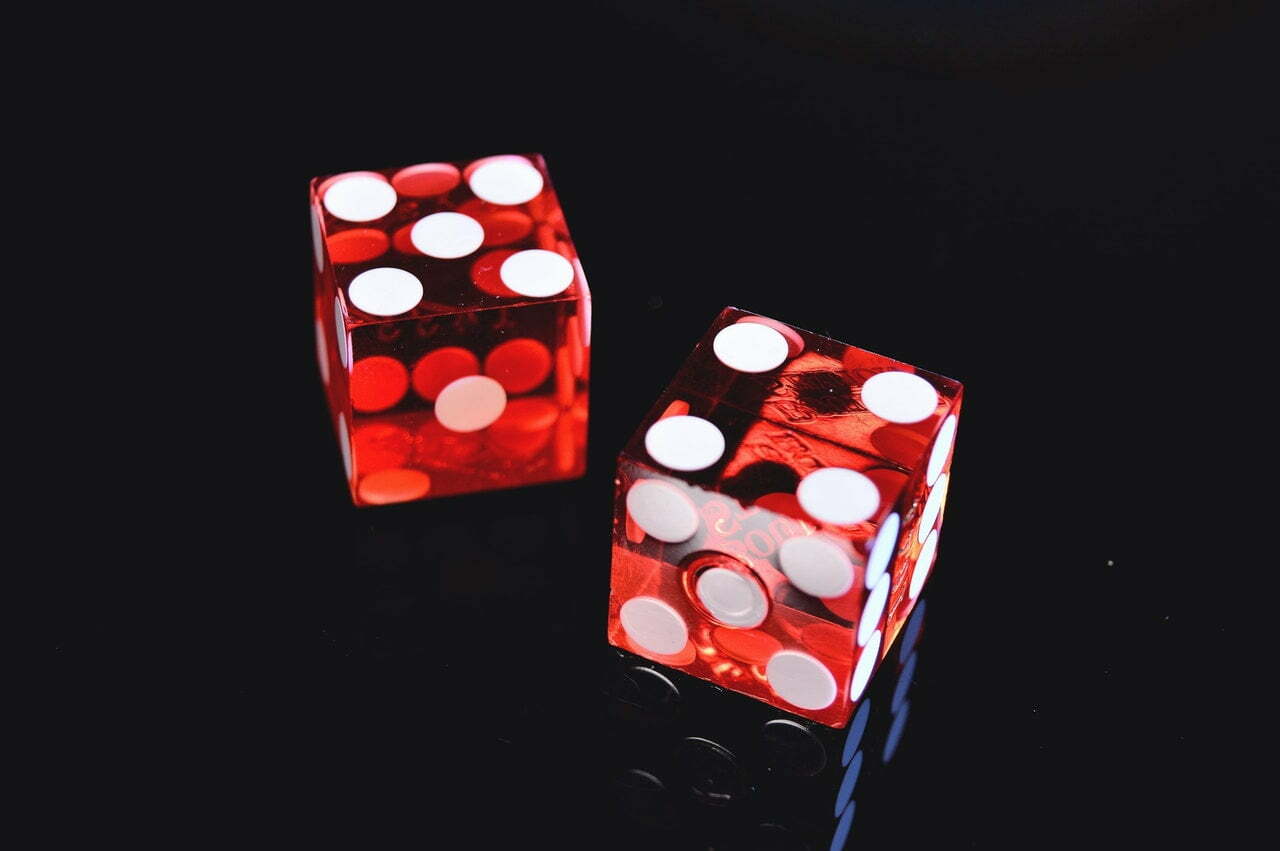
Do you know someone who is worrying you by exhibiting a possible compulsive gambling problem?
Try asking yourself the following questions.
- Do they seem to be having problems with money but dismiss these or get angry if questioned about it?
- Are they preoccupied with gambling and tend to do it a lot at the expense of relationships and other commitments?
- Do they stay out all night at casinos or betting shops, or spend a lot of time on their computer using virtual gambling sites?
- Have you found money or valuables going missing with no explanation, followed by another “binge” of gambling activity?
These simple questions will help you to determine whether their gambling habit may have made the transition into an addiction.
Compulsive Gambling – Definition And Diagnosis

People have been treated for gambling addiction for many years and there have been multiple terms used to describe this behaviour.
These have included:
- Problem gambling
- Excessive gambling
- Pathological gambling disorder
- Compulsive gambling
On many occasions, it seems the terms are used interchangeably, which only adds to the confusion.
As research in the area of gambling evolves the categories and definitions of gambling addiction tend to change, but this article will focus solely on the psychological disorder known as compulsive gambling.
Understanding Compulsive Behaviour
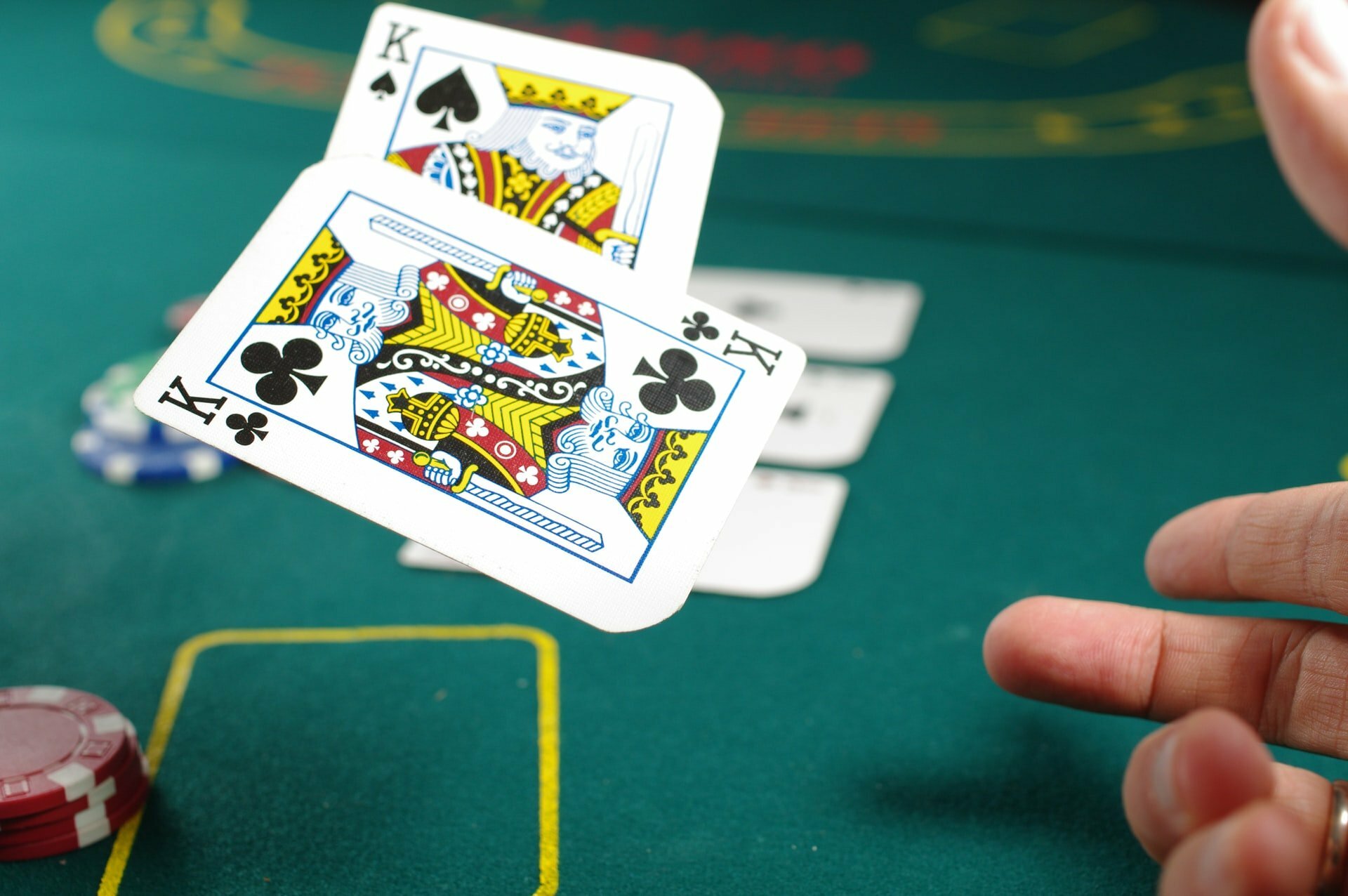
When people display compulsive behaviour, they engage in repetitive behaviour in a ritualistic manner that has no obvious psychological rationale to outside observers.
People tend to act compulsively to distract themselves from anxiety, stress, or feelings of sadness and depression.
These could be obsessive-compulsive behaviours such as frequent cleaning or organising objects into a specific format, or activities such as gambling and even exercise.
The key to understanding compulsive behaviour is that it is motivated by a strong need to reduce unpleasant emotions.
It is very common for people with compulsions to develop obsessive thoughts about the activity they are fixated on, which can maintain their cycle of compulsive behaviour.
These thoughts tend to be intense, persistent and intrusive and can dominate a person’s consciousness to the point where they are overwhelmed.
Gambling Addiction VS Compulsive Gambling?
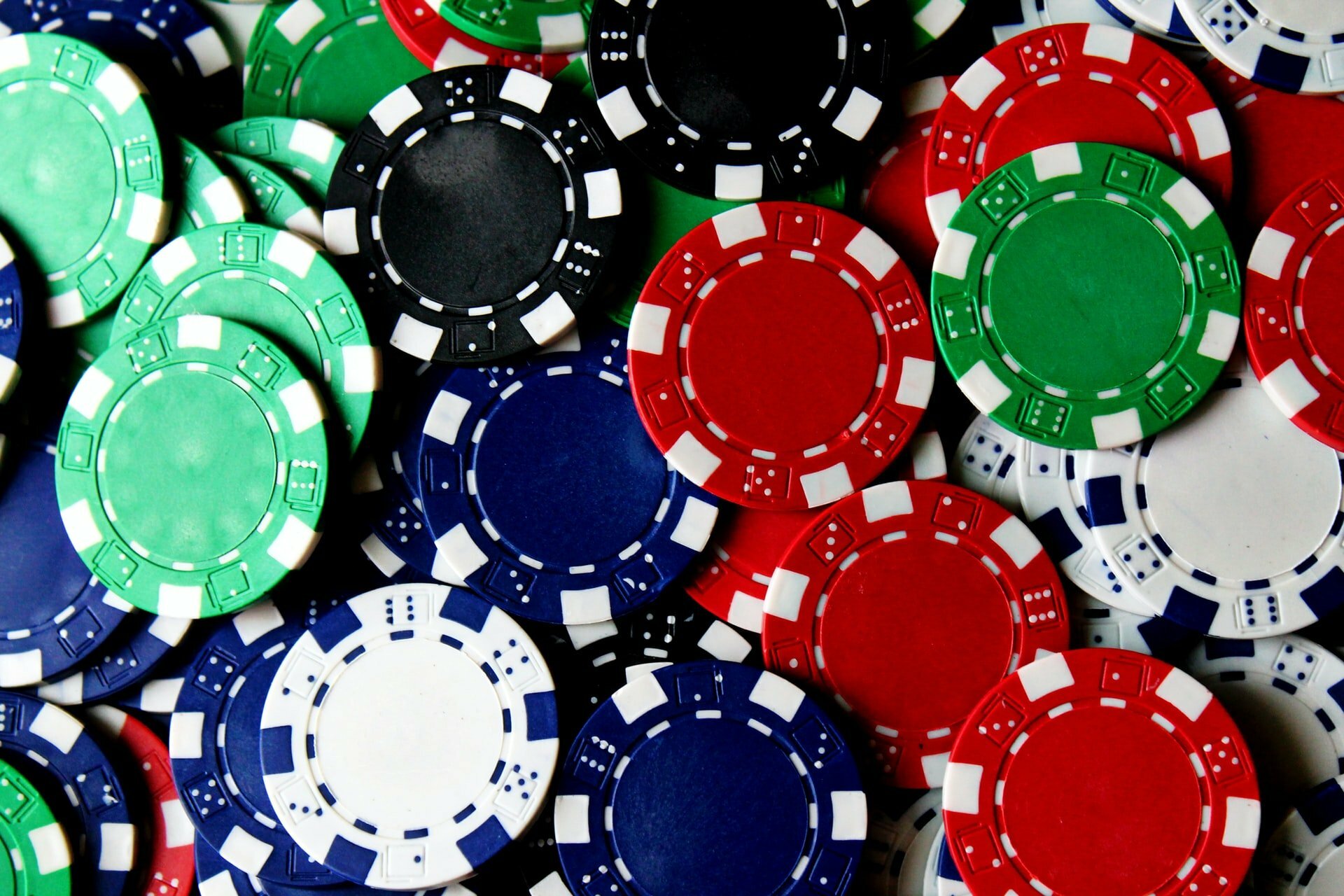
Overall, addiction and compulsions do have a lot in common.
The development of both conditions share similar psychological and biological aspects, and both involve the person being unable to establish any sort of control over their behaviour.
This can be very distressing for them and lead to negative consequences in several areas of their lives.
These negative consequences could be extreme debt, a breakdown in relationships, career and education opportunities missed and a significant reduction in their ability to carry out the regular daily tasks necessary to meet personal goals.
Unconscious Motivations
One key difference between an addiction and a compulsion is the motivation behind the behaviour.
As noted previously, compulsive behaviour is driven by an unconscious need to alleviate the anxiety or negative emotions a person is feeling.
By being preoccupied with gambling people are at some level participating in gambling activities to block out negative emotions.
People who are addicted to gambling though tend to be hooked by the positive reward they experience when gambling, whether it is on the blackjack table in a casino or placing a bet on a football match online.
They experience a buzz and pang of excitement and the potential of winning a lot of money can activate the reward centre in the brain.
This will release dopamine which elicits feelings of excitement and pleasure, which is further intensified if they do win money.
The brain will then register this behaviour as positive and exciting, and it is highly likely a person will seek out this experience again as their brain has made an association between the act of gambling and experiencing positive feelings.
The Overlap Between Addiction And Compulsion
Some researchers propose that later on in the addiction process the behaviour does become compulsive, but this may not be the case early on when the addiction is developing.
This fits in with the notion that negative reinforcement (acting to avoid negative consequences) does tend to dominate over positive reinforcement (acting to obtain pleasurable feelings) for maintaining an addiction as a person’s addiction becomes stronger.
Denial VS Reality
People who are addicted to gambling tend to be in denial about the fact they are behaving in a way that is harmful to them.
They may brush their behaviour off to others, discounting certain aspects and underplaying the negative consequences it is having for them.
This can have important implications for treatment, as their motivations for engaging in gambling are different.
Therefore, it would not be very effective for addiction professionals to prescribe identical recovery programmes for people with a gambling addiction and a gambling compulsion.
Gambling And Escapism
Gambling offers people an opportunity to experience a different mental state, far removed from the emotional pain they may be experiencing daily.
This can be quite a rewarding experience and will distract the gambler from their usual low mood as the act of gambling provides a form of escapism for them.
This is particularly true for compulsive gamblers who unconsciously view gambling as a way to avoid painful, negative feelings.
This is psychologically rewarding for them as it gives them respite from an unpleasant state, but it also prevents them from getting on with their daily activities.
If they continue in this manner their self-esteem will slowly dissipate.
Psychological Dependence
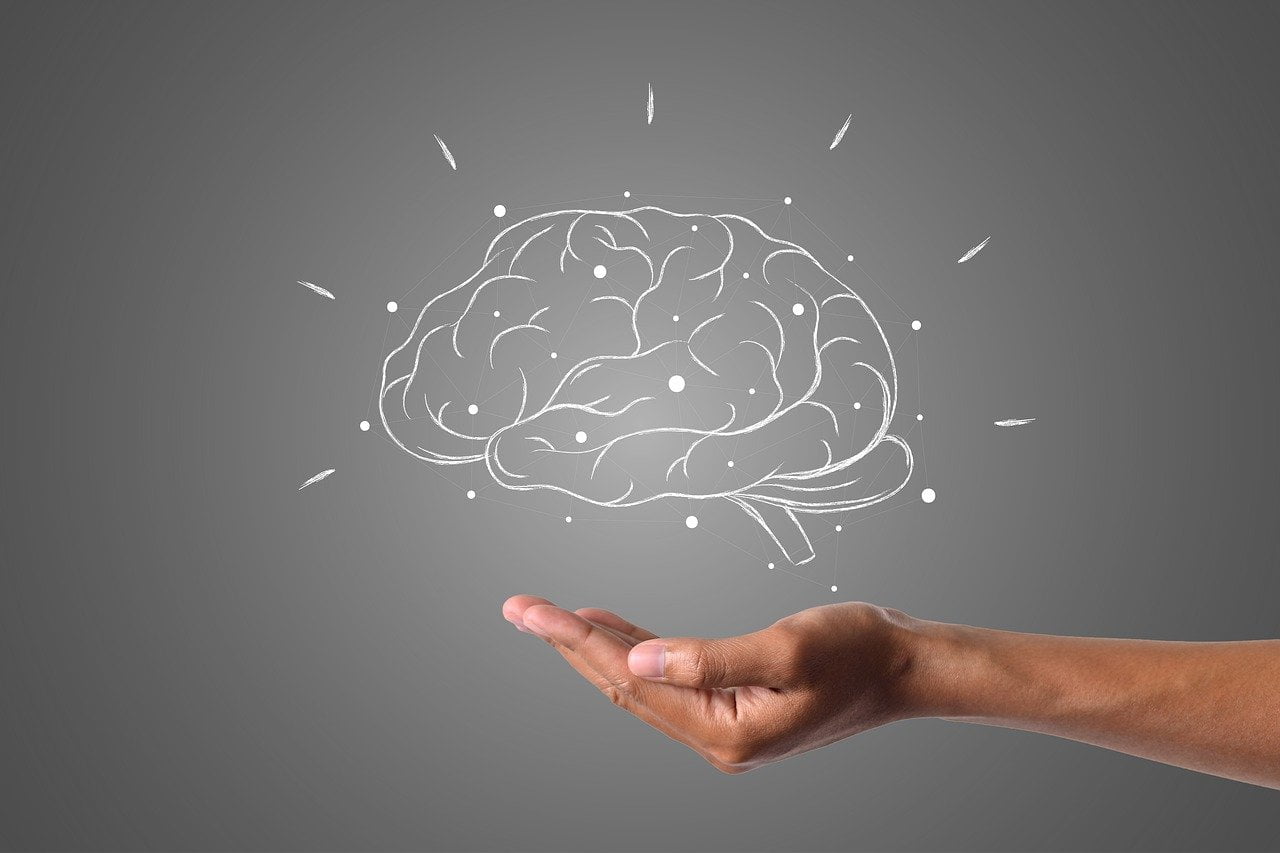
Even though no chemical substances are being consumed by gamblers, their brains are affected by the emotional response produced by the act of gambling.
If a person experiences a sense of pleasure or engagement, or even a reduction in psychological distress when gambling the brain will register an association between the act of gambling and these feelings.
This reinforces the likelihood that the person will want to experience these feelings again, resulting in psychological dependence.
Compulsive Gambling – Treatment

Because compulsive gamblers may differ slightly in the psychological reasons for their gambling, many aspects of the treatment would share similarities with treatment plans for people with obsessive-compulsive disorder (OCD) as well as addiction.

Medication
Certain types of anti-anxiety medication can be beneficial to help compulsive gamblers lower their anxiety levels. which can be effective if anxiety is the driving force behind their compulsive gambling behaviour.
There is also medication available to block the pleasurable feelings people derive from gambling.
However, these may not be so effective if a compulsive gambler is driven by avoiding negative feelings instead of experiencing positive feelings.
Some psychiatrists do offer antidepressants as a treatment option as they can correct any imbalance in the dopamine levels in the human brain.
This medication is not for everyone though and extra caution is needed before proceeding with this option.
Exposure Therapy
Exposure therapy has been used to treat many compulsions and addictions.
The idea is for the therapist to enable people to identify what specifically clients are anxious about or what feelings they are avoiding, before over time helping them to tolerate these feelings so that they do not to gamble to escape them
Cognitive Behavioural Therapy (CBT)
Cognitive Behavioural Therapy plays a hugely significant role in helping people overcome the irrational beliefs, incorrect assumptions and negative thought patterns that people with compulsive behaviours tend to exhibit.
CBT can help compulsive gamblers in two ways.
Firstly, it can help them test the accuracy of their core beliefs which may have led to the negative view they have of themselves and the way they react to events in their lives.
Many people who have compulsive disorders tend to have rigid beliefs and rituals which may make sense to them at some level, but are in reality inaccurate and counterproductive.
Secondly, many compulsive gamblers may require cognitive restructuring to help them readjust their beliefs and thought patterns on gambling-related topics such as probability and chance.
Their lack of ability to understand these topics does mean they are likely to make serious errors and lose a lot of money.
Motivational Interviewing (MI)
Motivational Interviewing is a technique that therapists tend to use when the clients’ motivation levels toward treatment have subsided.
This could be before the actual treatment has commenced or part of the way through.
By showing empathy and respect, and understanding the nature of the client’s resistance towards the treatment process, therapists will be able to help the client work through their ambivalence and help them to engage fully with their treatment programme.
Dialectical Behavioural Therapy (DBT)
As most compulsive gamblers tend to gamble to avoid or distract themselves from negative emotions, these negative emotions can drive their gambling behaviour.
Dialectical Behavioural Therapy can be a very important part of compulsive gamblers’ treatment programme as it will help them to manage uncomfortable emotions in the safety of the therapy room under the care of a qualified therapist.
Group therapy
Just like all other addictions whether behavioural or substance-related, group therapy sessions facilitated by a qualified therapist will contribute to a compulsive gambler’s treatment programme.
Participating in group therapy will allow clients to improve their ability to relate to others and also to receive feedback on their interaction style from other people in the group, which can help them improve their social skills.
Group therapy helps people show empathy and concern for others, enables them to understand that they are not alone in their suffering and provides them with an important affiliation in their lives that may have been absent.
12 Step Work
There is always an element of 12 step work in all gambling addiction treatment plans due to its long track record of success.
Treatment centres will have adapted the AA’s 12 steps to recovery model into a form of therapy specifically for compulsive gamblers.
Some of the steps involve clients acknowledging their powerlessness over gambling, reflecting on and admitting to personal character flaws, recalling the people who have been harmed by their excessive gambling and determining to make amends.
Sources Of Support

Gamcare
Gamcare provides information, support and advice for any person who has suffered negative experiences due to gambling.
They provide resources and services for different severities of gambling addiction, including compulsive gambling.
Gamcare offers free services and support and can help with:
- Advice on blocking out gambling websites, software and apps on PC, laptops and phones.
- Debt and financial planning.
- Access to an online CBT course, including regular check-ins with a therapist.
- Self-exclusion advice – How to work with betting companies to arrange an exclusion so they prevent you from gambling with them.
- Workbook – Exercises for clients to work through to help them change their relationship with the gambling process and money in general.
Gambling Helpline
Gamcare also runs and oversees the national gambling helpline which is available 24 hours a day every day.
As well as listening and offering support and encouragement over the phone, they can provide psychological interventions and make referrals to other treatment providers.
They also provide a live 1-1 chat, group chat and forum message board resource so that people can remain anonymous and still access help and support.
They also have links support groups and psychological therapists who are fully trained in working with people who have experienced gambling problems.
Gordon Moody Association
The Gordon Moody Association offers a range of care and treatment support services for those who are tackling a gambling problem.
They run residential rehab clinics that offer comprehensive and personally tailored intensive treatment schedules for excessive and compulsive gamblers.
They operate a housing scheme which offers a supportive and caring environment which hosts people in recovery from gambling addiction who have been through a treatment programme and need extra support and guidance to avoid relapsing whilst they continue their recovery.
They also run therapeutic counselling retreats which involve a mixture of clients attending short stays at selected locations with an outpatient programme of individual and group therapy.
National Problem Gambling Clinic
This clinic brings together several organisations and services that specialise in researching and designing treatment interventions for gambling addiction.
This specialised clinic has access to the skills and knowledge of psychiatrists, clinical psychologists and therapists who have been trained at the doctoral level and who use the most current and effective treatments for gambling addiction.
It is fully committed to constantly reviewing and updating its working practices in order to provide the best support possible.
The clinic’s work involves:
- Developing and perfecting reliable psychological interventions for gambling addiction.
- Organising support groups for gamblers.
- Developing a couples therapy programme to improve relationships gamblers have with their partners.
- Constantly reviewing their work to improve performance.
- Researching relevant medication that can help problem gamblers.
- Developing aftercare services for gamblers after they have completed treatment.
Gamblers Anonymous (GA)
Gamblers Anonymous run weekly peer support groups across the UK every week.
Members who attend these groups will be able to receive support from people whose lives have also been affected by the negative consequences of gambling addiction.
In turn, attendees will be able to offer support and encouragement to other members of the group by talking about their experiences.
GA’s main ethos is “unity” and it is through strong human connections that the cornerstone of recovery is laid.
GA has developed their own 12 steps to recovery model, derived from the original AA model which has proven to be highly successful in promoting recovery from addiction.
The GA website contains details of all support groups in the UK and states the time, day and location, of each meeting along with the contact details of the meeting organiser.
Get Help For Compulsive Gambling

Finding the right treatment service that can help you live free of a compulsive gambling problem is often a complicated and time-consuming process.
If you need urgent help and are finding the wide variety of treatments on offer overwhelming, that’s where we come in.
Our compulsive gambling treatment assistance gives you:
- A free help and evaluation service to help you choose
- Guidance on the best treatment options for your circumstances
- Assistance in picking out the most cost-effective options
- Information on quality of care, best clinical practice and more
- Complete clarity so you can make the right choice of treatment
Call today in complete confidence on 0800 088 66 86 to take your first steps toward a life free from gambling addiction.



